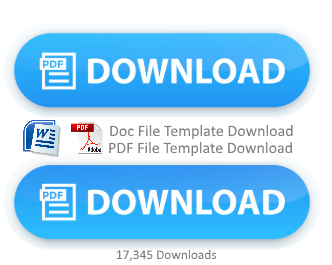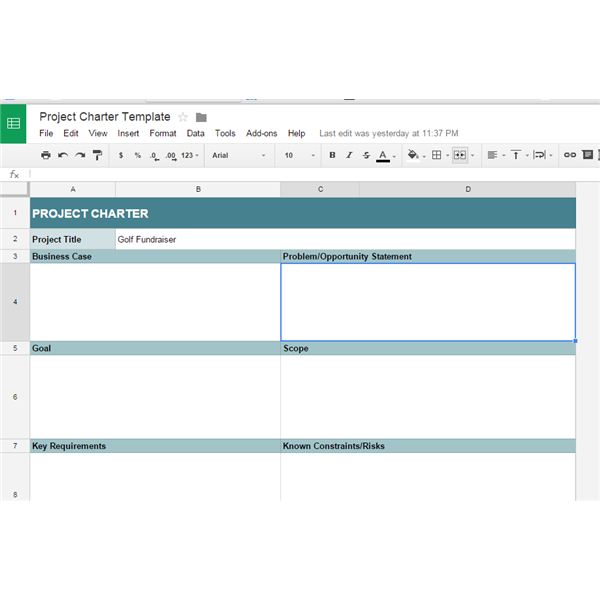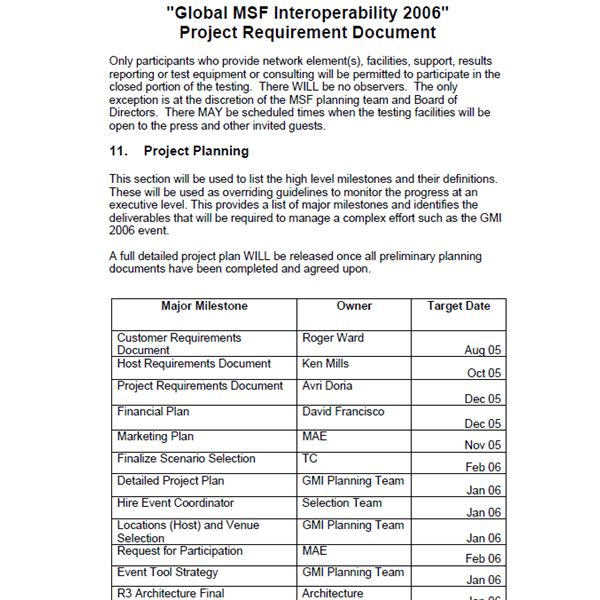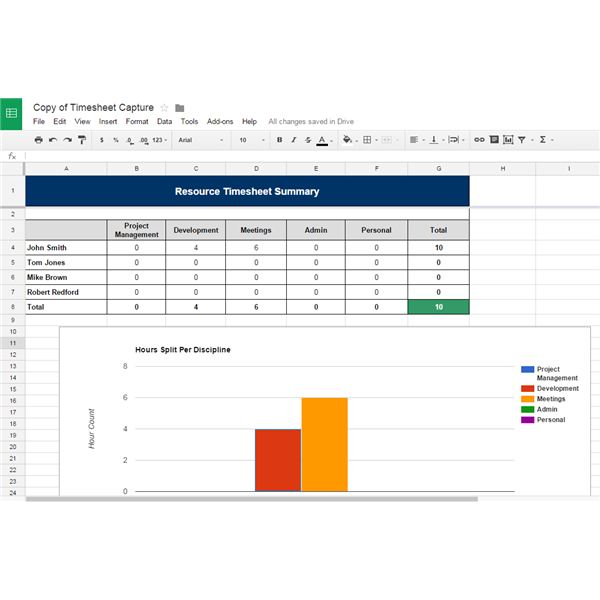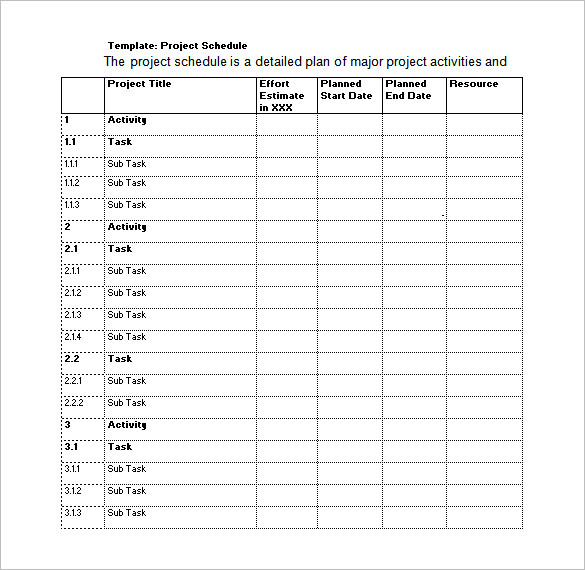How to Report Project Status – Project Management Steps
How to Report Project Status – Project Management Steps
Your boss has asked you to take the lead on a project in your company. Maybe you are a project manager, or maybe you are not. One thing is certain. Very few people know how to report status on a project, even when they are expert project managers. The basic problem?
Most people do not understand the perspective of a manager who is being pressed for information about a big project. Here are some basic rules of reporting status that you can use to further your reputation as someone who knows how to keep management and the project team informed and drive a project to success through the project phases.
THE MANAGEMENT PERSPECTIVE
If your project is important, your boss will be pressed hard to keep his superiors informed of its progress. Smart managers consume status on important projects voraciously. Excellent status reporting means that managers are fully informed of your projects health and overall direction without having to get involved themselves.
There is particular information your boss needs in order to show her boss that she is on top of things and able to run the show effectively. Provide this information in a way your boss can consume it on a regular basis, and you will fall upstairs so fast your head will spin.
Even on relatively less important projects, effective status reporting allows your boss to spend only a few seconds skimming your report to determine what sort of progress you have made.
Excellent status creates clarity from confusion and fulfills one of the important requirements in the project management steps process. Your job as the manager of a project is to take a swirling, chaotic cloud of information and distill it down into its most basic elements and then present them so that hundreds and thousands of hours of work can be understood in 30 seconds.
TO WRITE EXCELLENT STATUS ON PROGRESS WITHIN THE PROJECT MANAGEMENT STEPS LIFE-CYCLE, YOU MUST UNDERSTAND :
The three components of status.
How to write brief details.
What key data is needed by management.
THREE COMPONENTS OF STATUS IN THE PROJECT MANAGEMENT STEPS PROCESS
There are three major components to reporting project status:
Overall: We need to see the overall project health. As managers, we want to be able to detect a project in trouble. We also want to help make that determination sometimes. You might not know everything we know despite our best efforts to communicate. Your project might not be as healthy as you think it is.
Milestones: Your project has major accomplishments which must be completed by specific dates. We managers want to see which milestones are complete, which ones are in progress, and which ones are coming up next. This allows us to analyse the schedule and decide to either feel comfortable with it or challenge it.
Issues: Your project also probably has one or more obstacles to completion which have been discovered. We’d like to see brief details about each issue so that we can make a decision about whether or not to step in and help if necessary.
ORGANISING YOUR STATUS THROUGHOUT THE PROJECT MANAGEMENT STEPS PROCESS
Just as you would clean a kitchen by starting up high and working your way down ultimately to the floor, project status is best when it starts off with the highest levels of detail and works it way down to lower and lower levels.
Thus:
Overall project health comes first. If I like what I see here, I can stop reading the rest. Major milestones follow overall project health. If I don’t like the project health, or if I am in need of further details, I can read a little further and check out the scheduled dates we are driving toward and your progress on them. Issues may be holding up those dates, so when I see a problem in your project schedule, I can read further and see what it is. Really slick project managers report the issues in priority order showing the issue causing the most jeopardy to progress first.
BRIEF DETAILS
Your job is to report on the details of your project in concise, crisp status that we can consume rapidly without having to spend much effort on it. It might take you thirty minutes to write your status, but always remember that your manager does not have thirty minutes to spend reading it. Your manager realistically only has about 30 seconds to consume your status as they may have 30, 40, 100, or even exponentially more projects for which they are responsible.
“Brief Details” may seem oxymoronic to a project manager, but to a supervisor with a team of project managers, it is not. There is enormous value in a project manager who can report status without narrative. My recommendation is that you write as though you were creating an old-fashioned telegram. More information about how to do that is coming.
BRIEF DETAILS?
How can you provide details without being long-winded? It is a formidable task that most never master, but it is not impossible. Here are some suggestions, e.g. Write in bullets, not in prose. There shall be no paragraph anywhere in your status.
Click here for your FREE Project Status Report template, by SKM Project Management Steps.
Please provide us with comments and share this post.
